According to the delegate, in addition to the achieved results, public investment, private investment, FDI attraction and export have also revealed limitations, hidden factors that can lead to growth lacking autonomy and sustainability, easily "broken" when one of the growth drivers from public investment, FDI, export weakens; the economic structure is unbalanced because the domestic private economic sector has not developed proportionately.
Delegates said that in the 2021-2025 period, the efficiency of public investment still has limitations, not commensurate with the resources spent, reflected in the ICOR index (capital cost to increase 1 unit of GDP) which is still high (6.4%), not much improvement compared to the previous period; some projects still face difficulties in progress, capital increase, especially due to compensation and site clearance issues...
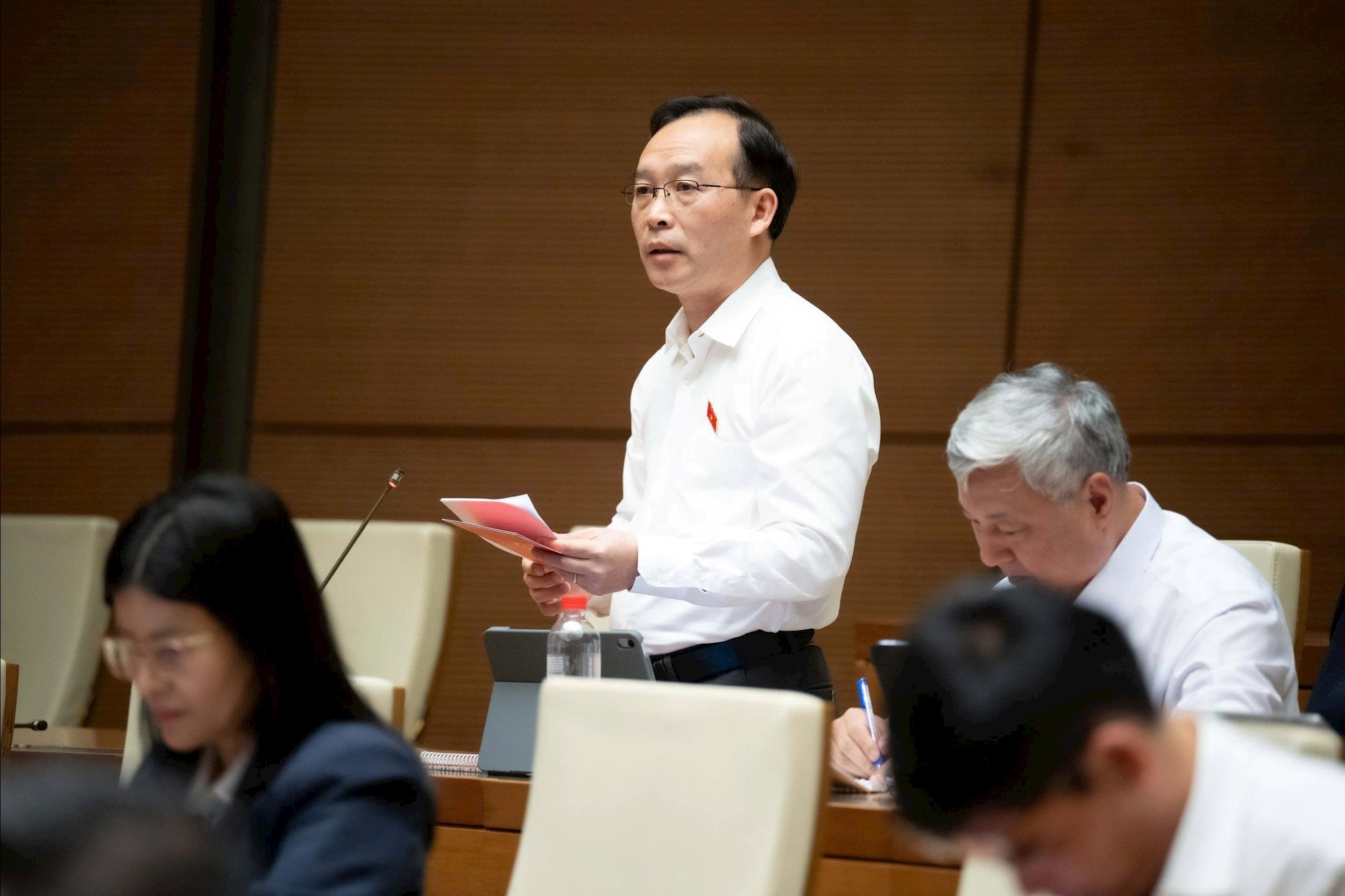
Along with that, FDI growth in the high-tech sector has not met expectations (mainly processing, assembling, using imported components). The link between FDI enterprises and domestic enterprises is still weak; added value in Vietnam is low; the domestic supply chain is not yet developed; technology transfer is limited, especially high technology... Especially, when FDI accounts for a large proportion, there is a potential risk of losing autonomy, because investors can withdraw capital or change investment direction at any time; risks when FDI enterprises have transfer pricing behavior, tax evasion...
Delegate Tran Van Tuan also assessed that the quality and added value of exported goods are still low, not deeply involved in the global value chain, dependent on many external markets, potentially making the economy vulnerable to economic and political fluctuations in the region and the world (such as trade competition, fluctuations in raw material prices, changes in policies of importing countries) ... Especially, when exports still depend heavily on the FDI sector (in 2024, the export turnover value from the FDI sector accounts for 71.7%) , there is a potential risk that when there are fluctuations (such as a decline in orders, shifts in the global supply chain...), Vietnam's export growth and GDP will decline.
Meanwhile, the private economy - which is the long-term driving force for development - is facing many barriers and has not yet made a breakthrough in scale and competitiveness.
“In the coming period, in addition to continuing to promote growth drivers from public investment, attracting FDI and exports, we need to quickly realize the viewpoints, goals, tasks and solutions in the spirit of Resolution No. 68 - NQ/TW dated May 4, 2025 of the Politburo "on private economic development". Thereby creating stronger momentum from the private economic sector, especially from small and medium enterprises, to promote rapid and sustainable economic development", said National Assembly Deputy Tran Van Tuan.
Delegates recommended urgently studying and amending the Law on Support for Small and Medium Enterprises 2017, in order to overcome some shortcomings that have been exposed after more than 7 years of implementation such as : Criteria for determining small and medium enterprises are still general; unclear specialized support policies on digital transformation, innovation and international integration; no clear priorities for groups of micro-enterprises, business households transformed into enterprises and creative start-ups... Thereby creating a breakthrough in the development of small and medium enterprises in the coming period.
National Assembly Deputy Tran Van Tuan also said that while it is necessary to identify the private economy as the most important driving force of the national economy, it is also necessary to consider small and medium-sized enterprises as the "backbone" of the economy.
Source: https://daibieunhandan.vn/tao-dong-luc-manh-me-de-kinh-te-tu-nhan-phat-trien-ben-vung-10393463.html


![[Photo] Prime Minister Pham Minh Chinh chaired a meeting to discuss solutions to overcome the consequences of floods in the central provinces.](https://vphoto.vietnam.vn/thumb/1200x675/vietnam/resource/IMAGE/2025/10/29/1761716305524_dsc-7735-jpg.webp)
![[Photo] Prime Minister Pham Minh Chinh chaired a meeting to evaluate the operation of the two-level local government model.](https://vphoto.vietnam.vn/thumb/1200x675/vietnam/resource/IMAGE/2025/10/29/1761751710674_dsc-7999-jpg.webp)
![[Photo] Human love in the flood in Hue](https://vphoto.vietnam.vn/thumb/1200x675/vietnam/resource/IMAGE/2025/10/29/1761740905727_4125427122470875256-2-jpg.webp)
![[Photo] Hue: Inside the kitchen that donates thousands of meals a day to people in flooded areas](https://vphoto.vietnam.vn/thumb/1200x675/vietnam/resource/IMAGE/2025/10/29/1761738508516_bepcomhue-jpg.webp)


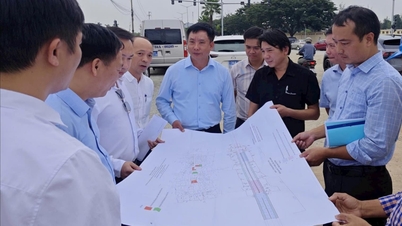

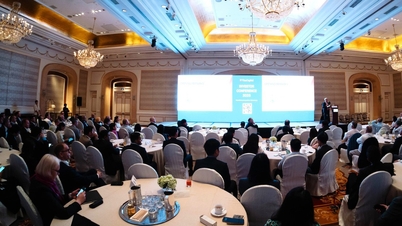

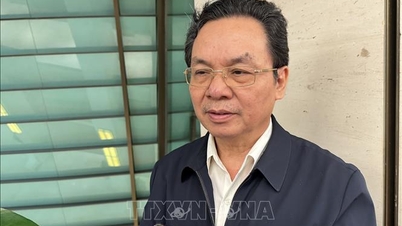



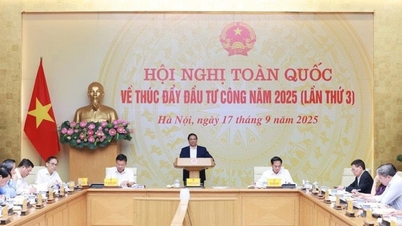
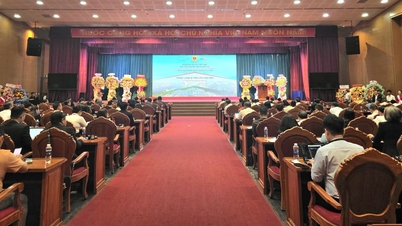

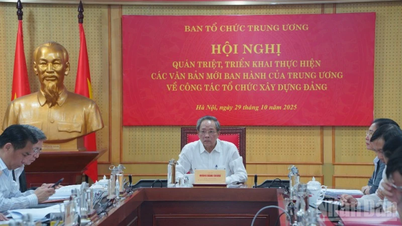



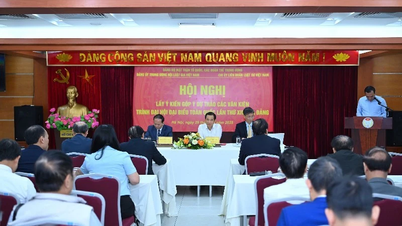
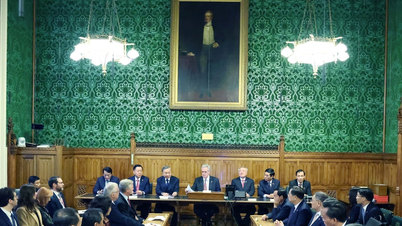


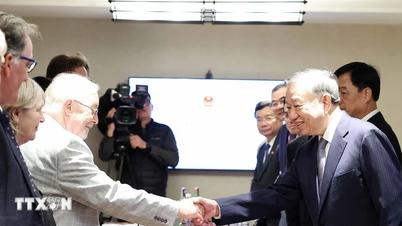




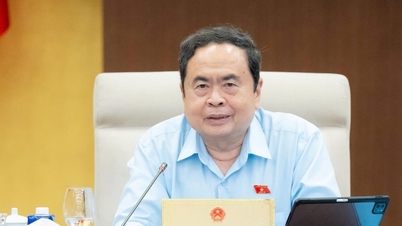
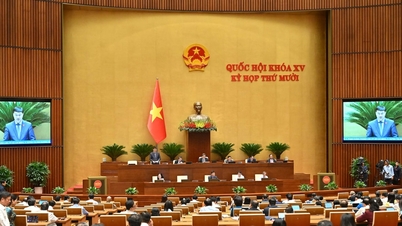
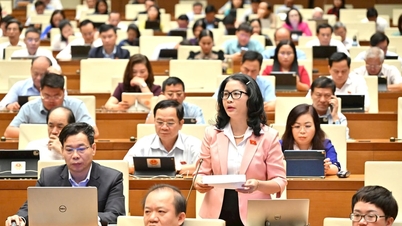
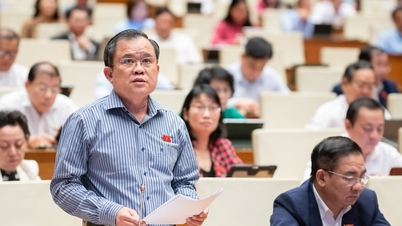



































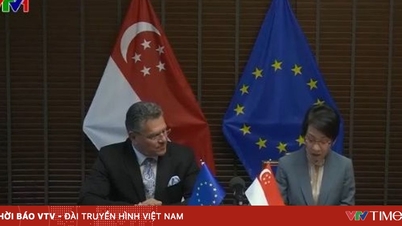
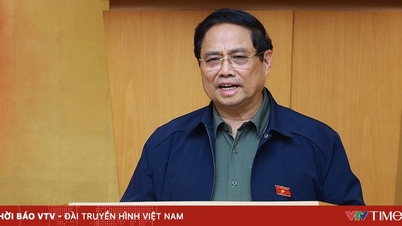


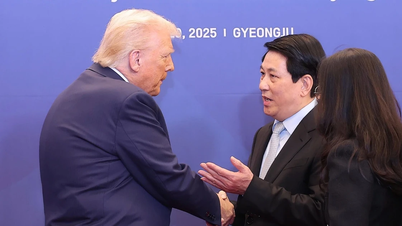


![[Live] Concert Ha Long 2025: "Heritage Spirit - Brightening the Future"](https://vphoto.vietnam.vn/thumb/402x226/vietnam/resource/IMAGE/2025/10/29/1761743605124_g-anh-sang-am-thanh-hoanh-trang-cua-chuong-trinh-mang-den-trai-nghiem-dang-nho-cho-du-khach-22450328-17617424836781829598445-93-0-733-1024-crop-1761742492749383512980.jpeg)



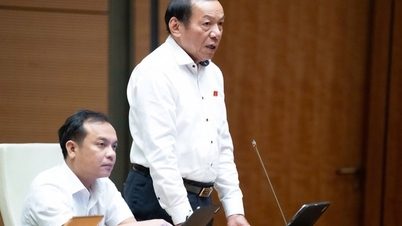








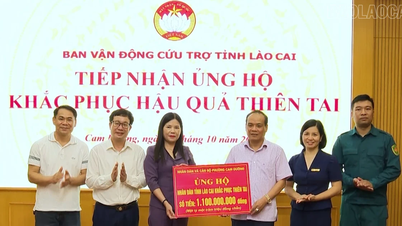

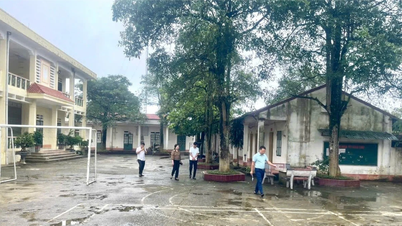















Comment (0)